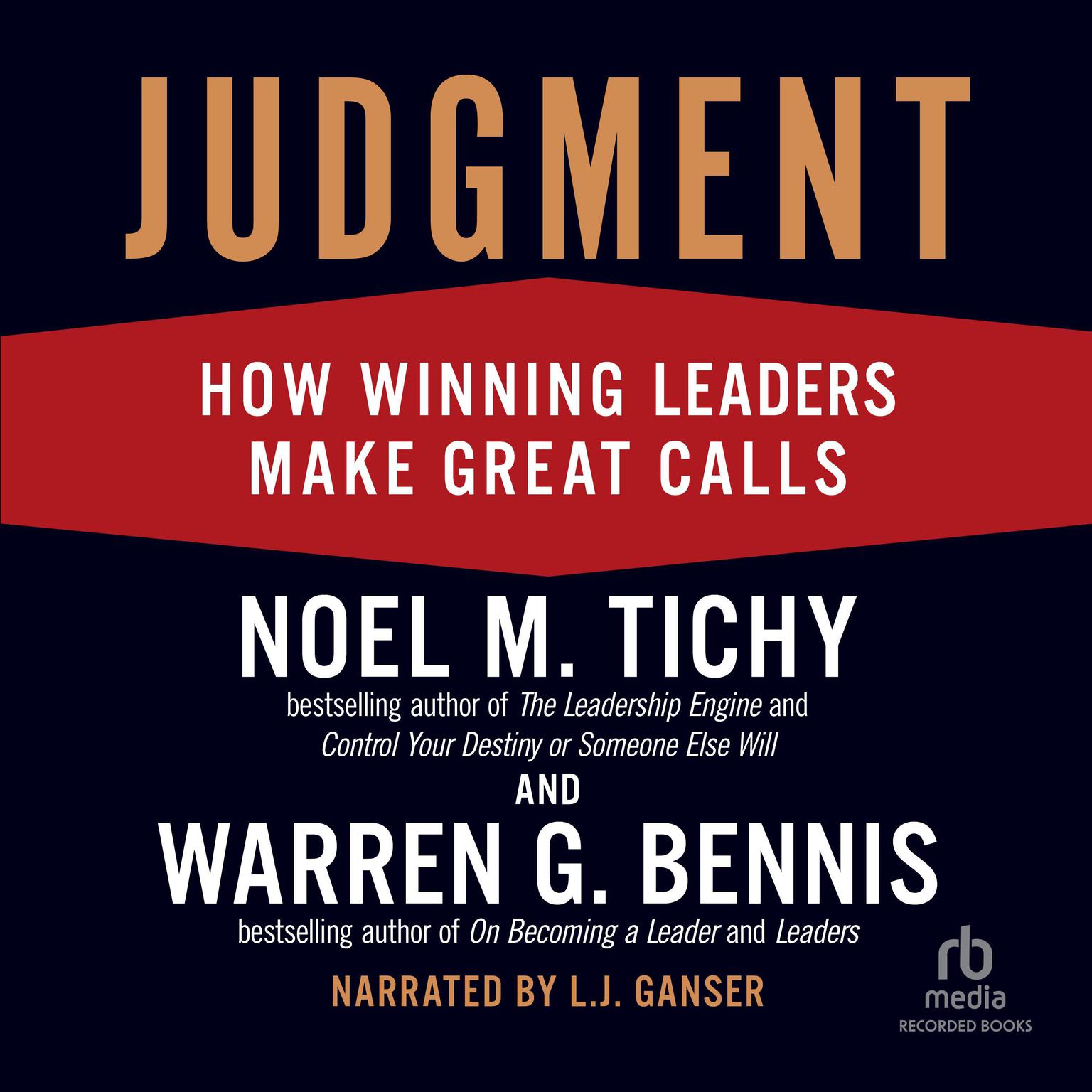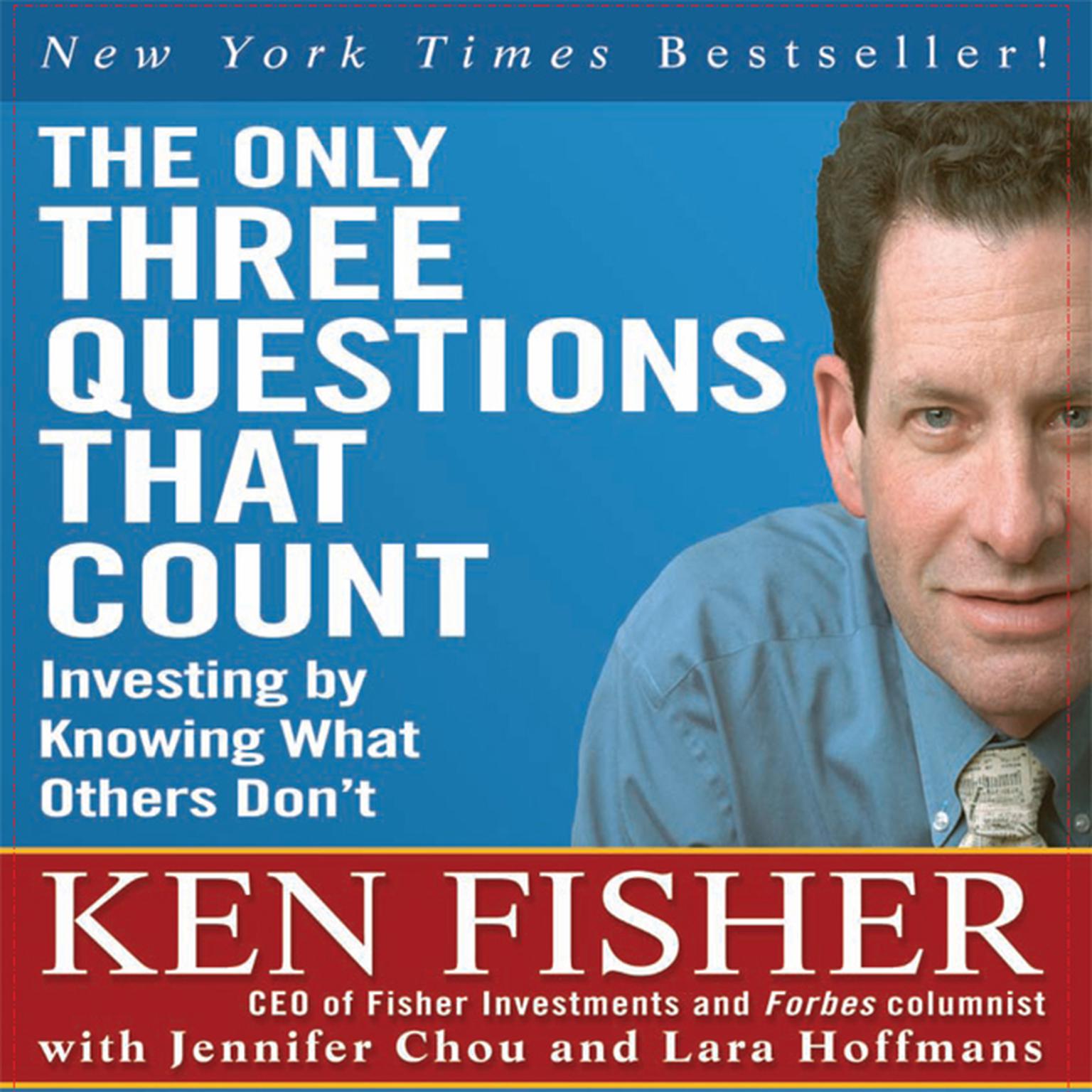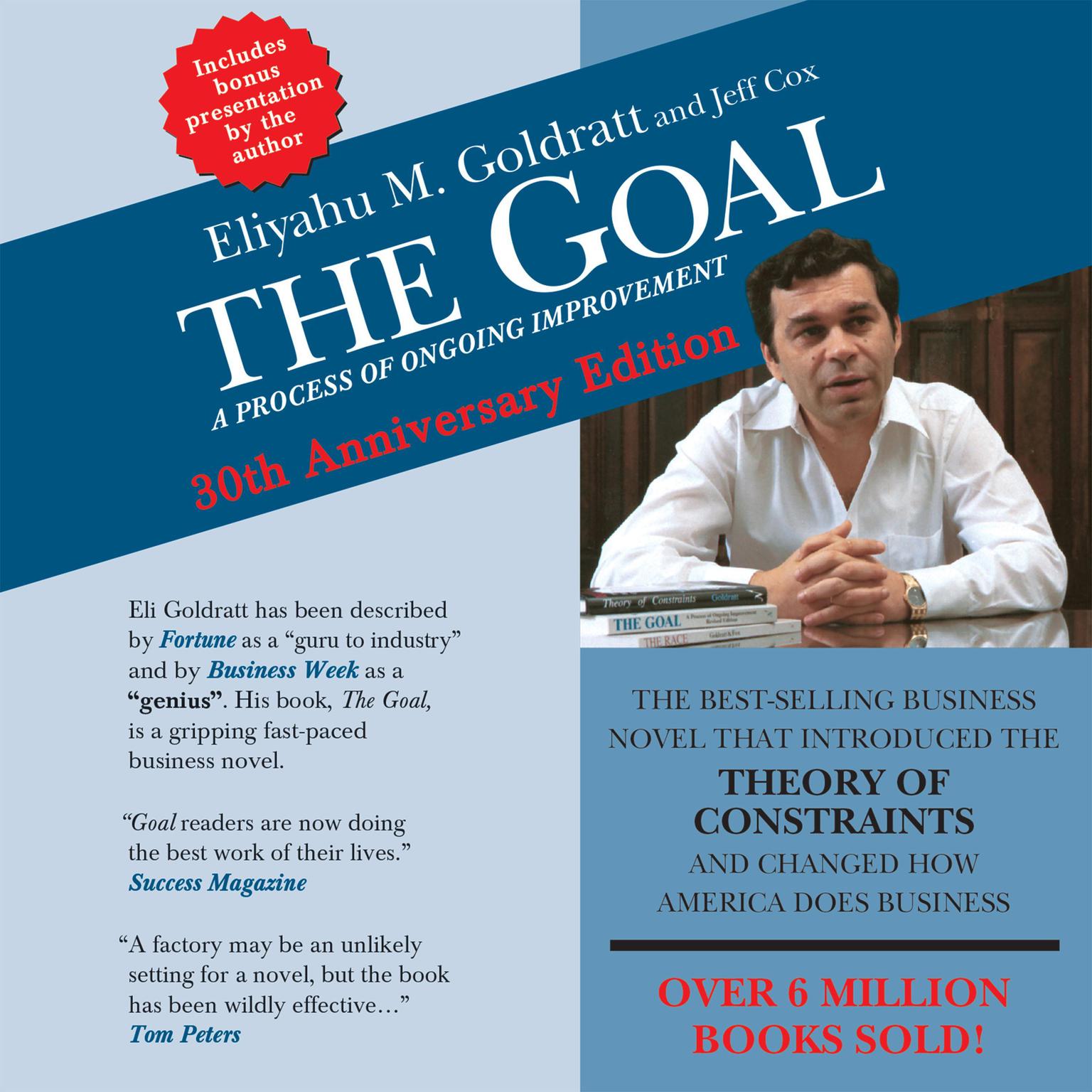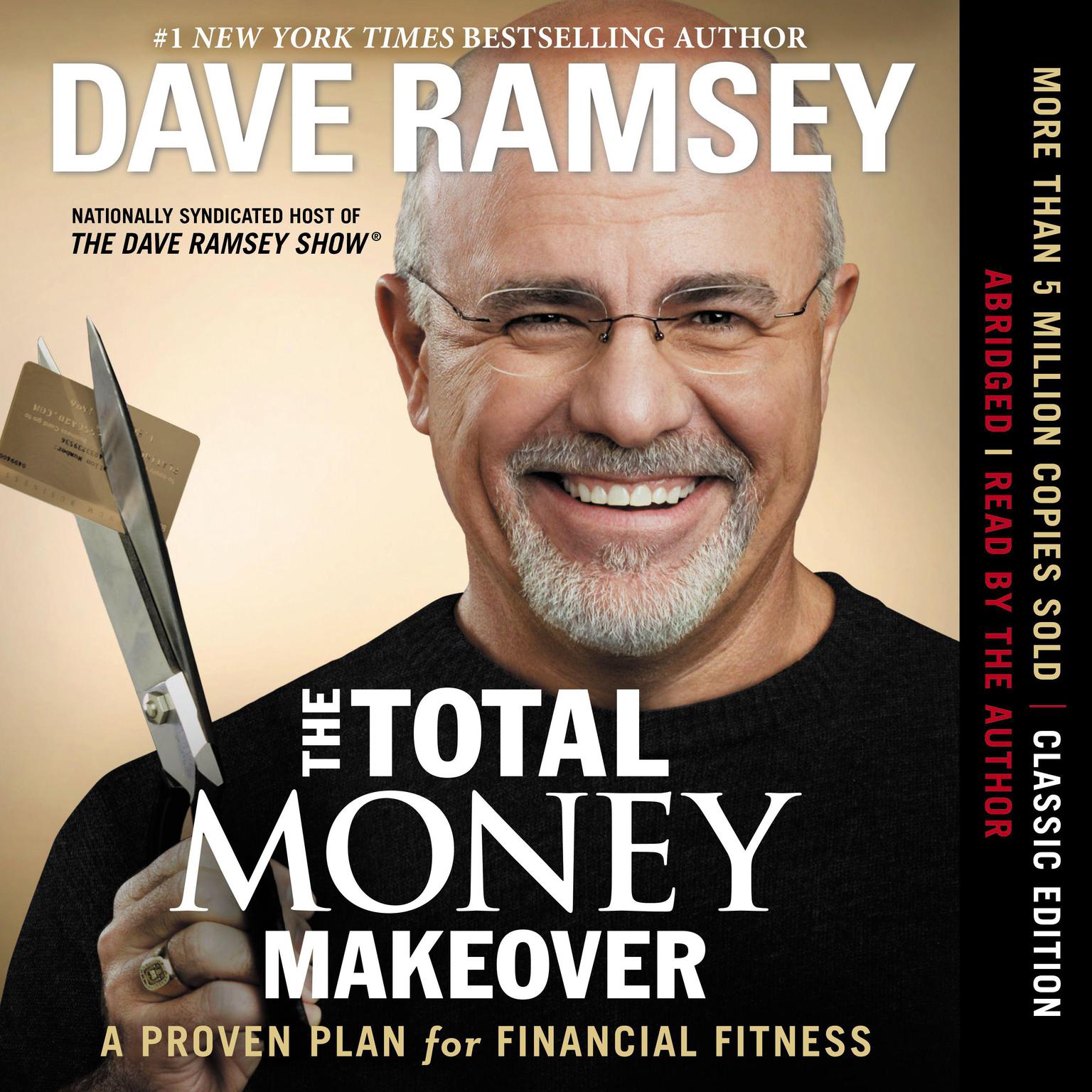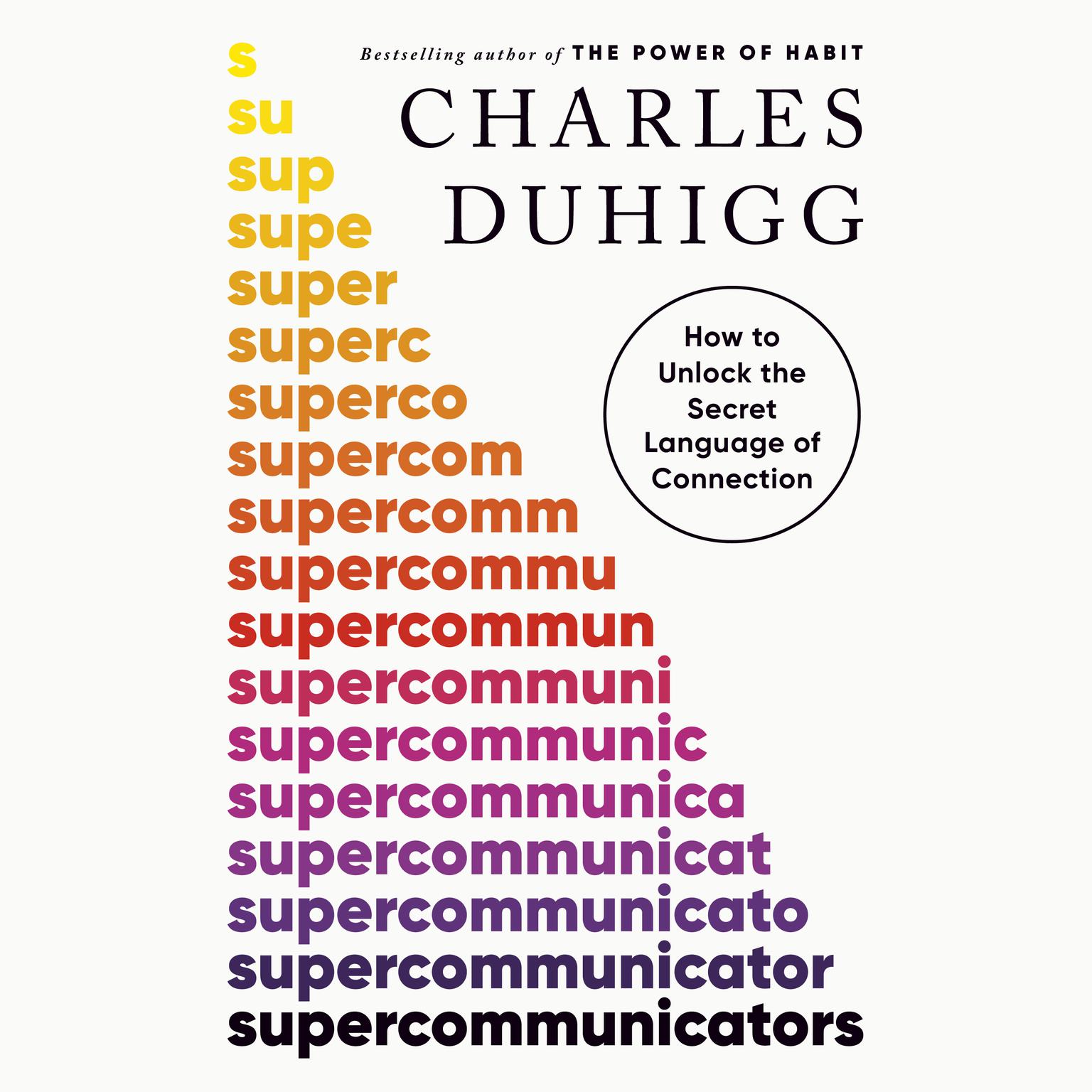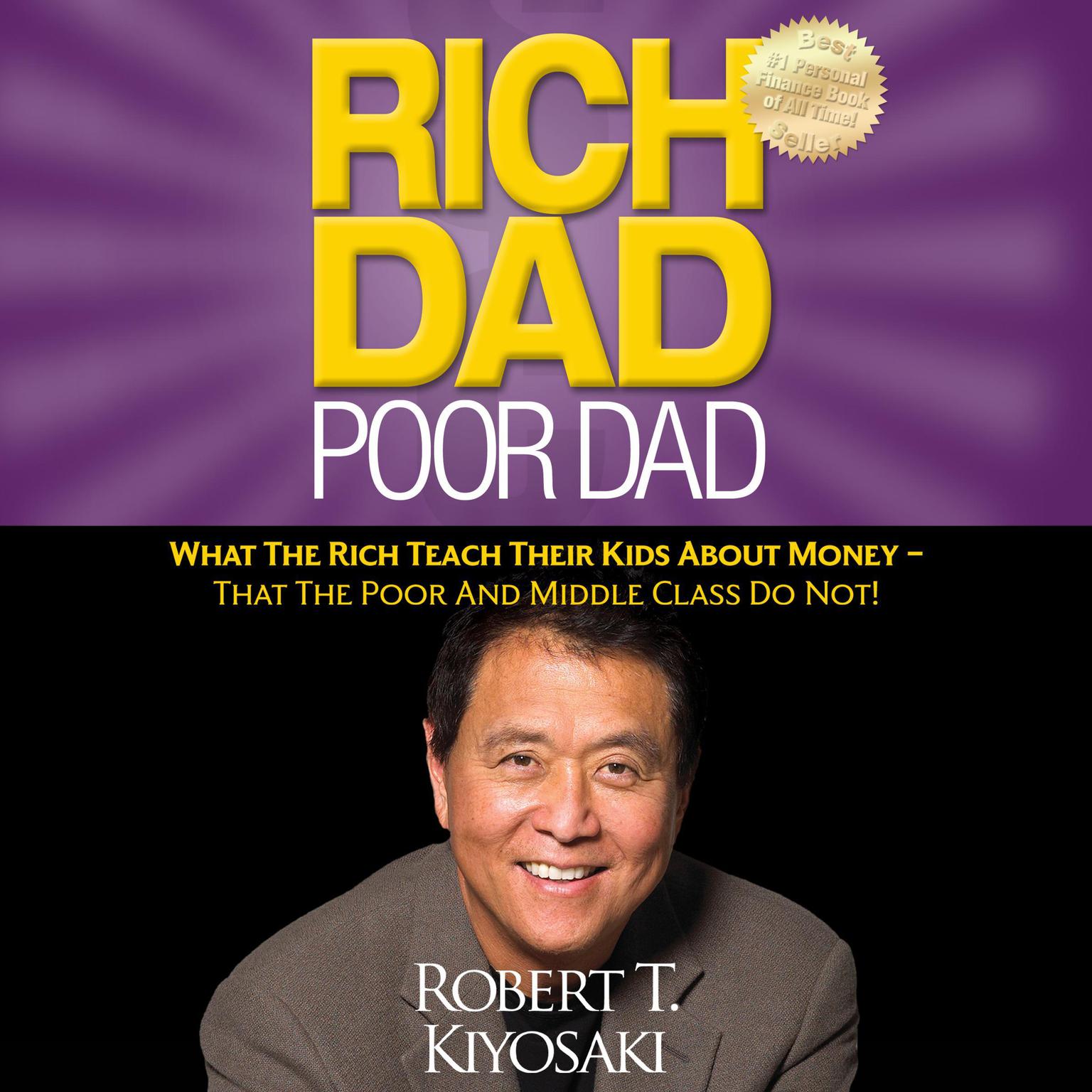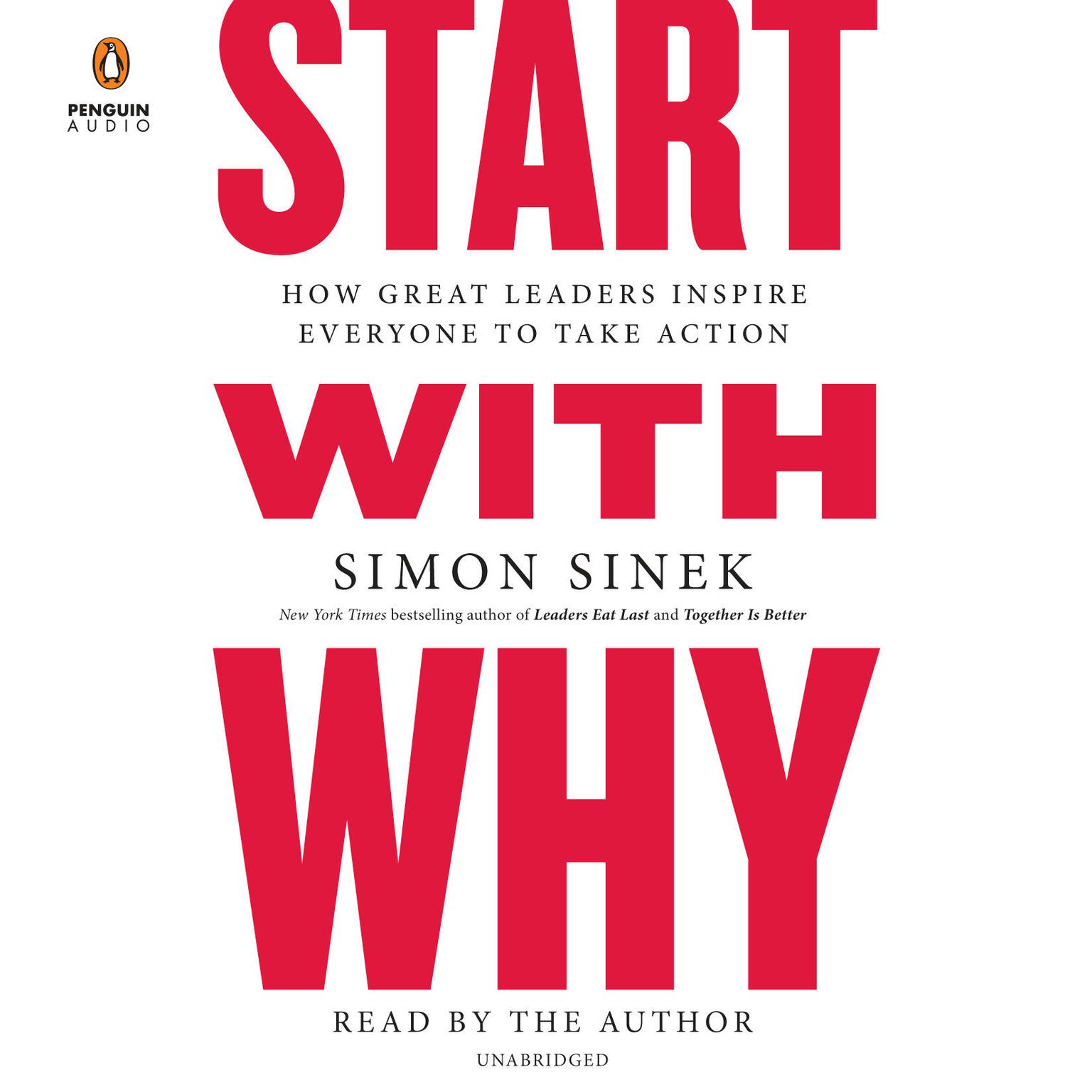Publisher Description
In this brilliant book, Francis Wheen, the author of the most successful biography of Karl Marx, tells the story of Das Kapital and Marx’s twenty-year struggle to complete his unfinished masterpiece. Born in a two-room flat in London’s Soho amid political squabbles and personal tragedy, the first volume of Das Kapital was published in 1867 to muted praise. But after Marx’s death, the book went on to influence thinkers, writers, and revolutionaries, from George Bernard Shaw to V. I. Lenin, changing the direction of twentieth-century history. Wheen shows that, far from being a dry economic treatise, Das Kapital is like a vast Gothic novel whose heroes are enslaved by the monster they created: capitalism. Furthermore, Wheen argues, as long as capitalism endures, Das Kapital demands to be read and understood.
Download and start listening now!
“This is a book about the book that probably directly and indirectly influenced the 20th Century more than any other. While a thin volume (especially when compare to the great work that it explores) it does some valuable work and sets a few important records straight. Perhaps key amongst these is to underscore that Das Kapital cannot and should not be seen as a “Marxist bible of eternally codified canons” – although such a religious cult soon developed around the book, a book which is probably as deeply read and understood by is adherents as the Bible is to many Christians or the Koran to many Muslims. In his lifetime Marx himself,as he despaired at those who were busy even then building his cult, Wheen notes stated “all I know is that I am not a Marxist”. Part of the book is concerned with the basic contents of Marx’s philosophy and the apparant contradictions and how Marx either refuted these or was happy to leave confusion in place so as to hedge his bets in areas of uncertainty. Wheen also emphasises that Marx did not explain how, why or when the system would destroy itself. Critically he notes that Marx saw Capitalism as a powerful and successful economic system that while depending on exploitation had constructed a resilliant society in which economics was the driving force of human development. Another valuable contribution made by Wheen’s book is his illustration of the litary nature of Marx’s work which is steeped in cultural and literary references which demonstrate his huge reading, understanding and love for literature (Wheen notes that there is a 450 page book devoted just to Marx’s literary references). It is unlikely that I will ever sit down and try to read Das Kapital itself (I’ve tried in the past to tackle the first volume but have settled for abridged versions designed for people like me who lack a broad literary or economic knowledge and that was tough enough going) but I would recomend this book as a good one for clearing up some common misconceptions, for revealing some suprises and in its closing pages placing Marx in a modern context that finds his work still as relevant today as it was back then. I also like Marx’s favourite motto “everything should be questioned” a lesson many of those who follow/followed him would do to learn for starters.”
—
Kriegslok (4 out of 5 stars)

